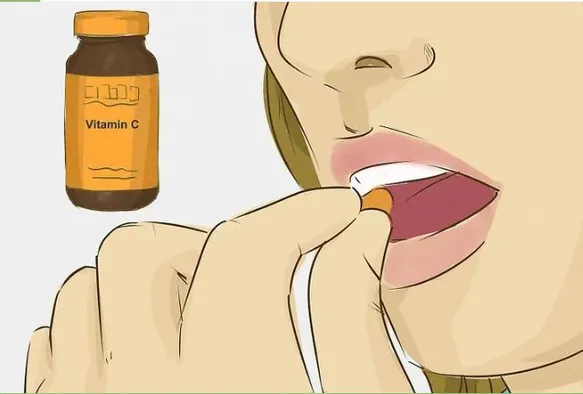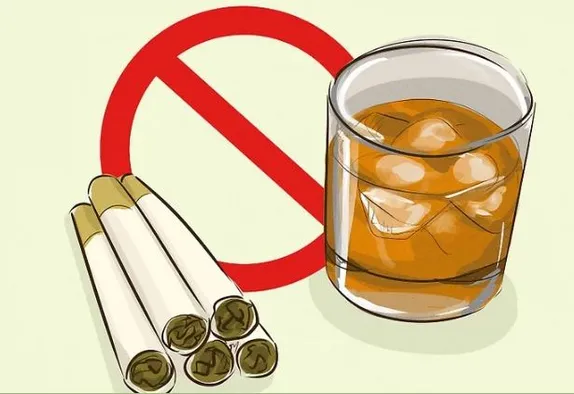Hemoglobin is a respiratory pigment present in the RBC, which gives blood its color. Red blood cells (RBC) also called erythrocytes are the most abundant cell type in the human body.
Red blood cells carry oxygen from our lungs to the rest of our bodies. Inflammation and nutrient deficiencies can reduce red blood cell numbers or their ability to effectively deliver oxygen. This condition is called anemia. However, having a high red blood cell count can also have a similar effect.
Ways to Increase Red Blood Cell Levels
While in some cases anemia can be treated with dietary changes and supplements, other cases may require a blood transfusion, drugs that stimulate RBC production or changing your medication.
The additional changes listed below are other things you may want to discuss with your doctor. None of these strategies should ever be done in place of what your doctor recommends.
Iron
A deficiency in iron decreases red blood cell production. If iron levels are low, this can often be corrected by making appropriate dietary changes or taking supplements. Iron works to boost the production of hemoglobin, which also helps to form more red blood cells.
We get our iron mostly from foods, including red meat, poultry, fish, beans, lentils, tofu, tempeh, nuts, and seeds.
Furthermore, if your condition is serious, your doctor may prescribe iron therapy. Keep in mind that it may take several months of supplementation to correct iron deficiency.
Vitamins B12
The human body needs vitamin B12 to make red blood cells, nerves, DNA, and carry out other functions. There are many causes of vitamin B12 deficiency. Surprisingly, two of them are practices often undertaken to improve health: a vegetarian diet and weight-loss surgery.
This deficiency can be corrected by dietary adjustments unless they have other underlying non-dietary causes.
Vitamin C

Vitamin C acts as a “double agent” in iron supplementation therapy for iron deficiency anemia. Vitamin C helps the body absorb iron. Therefore, if your iron is on the low side, eating iron-rich foods together with vitamin C sources can increase iron levels.
Good sources of vitamin C are citrus fruit, such as oranges and orange juice, peppers, strawberries, blackcurrants, and potatoes.
Vitamin D
In a lot of cases, red blood cells are low due to long-term disease or inflammation. This is called “anemia of chronic disease”.
Vitamin D is a hormone that controls calcium levels in the blood. Studies suggest that vitamin D has an important role in lowering inflammation, but also that this vitamin gets depleted in chronic inflammation and disease. Early clinical trials have been promising, showing that vitamin D supplementation can help decrease inflammation and increase red blood cell levels.
Copper
Copper is another nutrient necessary for the production of RBCs. Copper deficiency may be one of the many causes of fatigue and weakness.
As copper is needed in small amounts and is widely available in food, copper deficiency is usually due to non-dietary causes. When copper levels are low, the body may absorb less iron.
Avoiding Alcohol
Drinking too much alcohol can lead to anemia. Anemia is a reduction in the function or number of red blood cells. Alcohol consumption decreases red blood cell production.

Exercise
Exercising regularly can increase rbc levels and hemoglobin. However, strenuous exercise can have the opposite effect. The more exercise you do, the more iron you need. That’s why doing heavy exercise with anemia can worsen the deficiency, add to your symptoms, and even cause more dangerous, long-term health issues down the line. It can actually damage and destroy red blood cells. This is one of the reasons that endurance athletes often have anemia.

